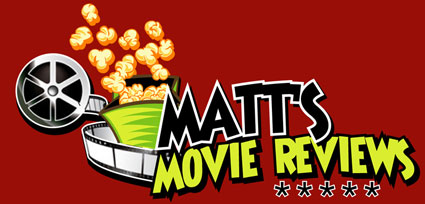|
A new film concerning terrorism in a post 9/11 world, continues the recent trend of well made and thought provoking movies, which ask the right questions while not taking a bias politically.
With Traitor, however, an even newer approach is taken, as the films protagonist is shown rising within the ranks of a terrorist group, in the process giving an inside –yet perhaps fantastical – look into the practice of an Islamic terrorist organisation.
Oddly enough, a story credit is given to that wild and crazy guy, Steve Martin. He thought up the premise for the movie while filming the despised comedy, Bringing Down the House.
The film focuses on Samir Horn, a Sudan born, Muslim raised, former Special Forces Operative for the American military, who through his shady dealings with Jihadist’s in the Middle East, finds himself in a Middle Eastern prison. There he meets the charismatic and intelligent Omar, played by French actor Said Taghmaoui.
Samir is portrayed by Don Cheadle, who embodies his character with the right amount of quiet intensity and sorrow needed to make his performance work. Sorrow, in particular, is an emotion which Cheadle excels at, as his heartbreaking turn in Hotel Rwanda exhibited.
After both men break out of prison, Traitor quickly becomes a global set thriller. Various locales around Europe and America are used well, as Samir and Omar recruit inconspicuous martyrs to see through Allah’s will and deliver holy justice.
This causes great conflict for Samir, whose approach towards his religion – that of a prophet of peace and discipline – clashes with Omar’s take on Islamic theology, which he believes calls for the blood of their enemies, namely westerners.
On Samir’s trail is FBI Agent Roy Clayton, a son of a Baptist minister, whose appreciation for Islam led him to major in Arabic studies during his college years.
As a result, Clayton drives home some real home truths about the structure of religion, and how it can be manipulated to suit the point of view of any number of preachers, sheiks, or lay men (and women), who all claim to have God on their side, rather than be on God’s side.
An interesting analogy is made regarding the conflicting ideologies of Islam -between Jihadists and prophets of peace – and the clashing sub-cultures of Christianity.
Clayton cites an example of his preacher father dousing the flames of wooden crosses, lit by the KKK, who also laid claim that God is on their side. He then so eloquently muses: “Every religion has more than one faith.”
There is a lot of material to swallow, but strong editing by Billy Fox helps Traitor flow easily. Surprisingly, the use of the much dreaded and abused handheld camera, benefits rather than distracts. This is because director Jeffrey Machmanoff was wise enough to use the effect during the proper moments, i.e. action sequences.
Traitor presides as the best film released yet to deal with these issues.
|
